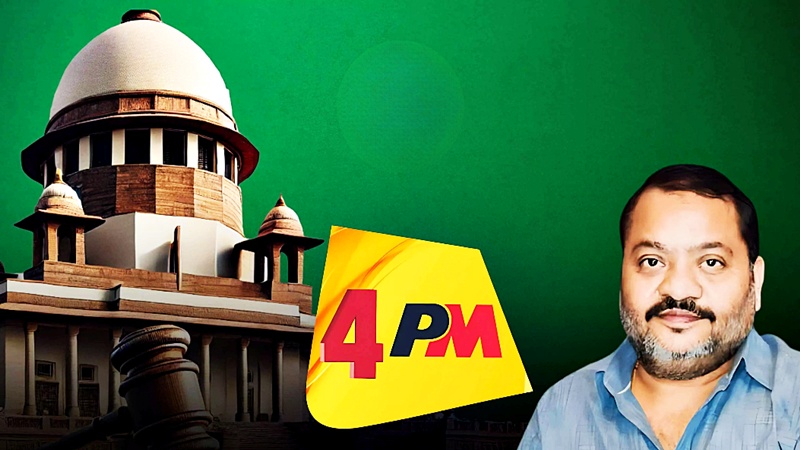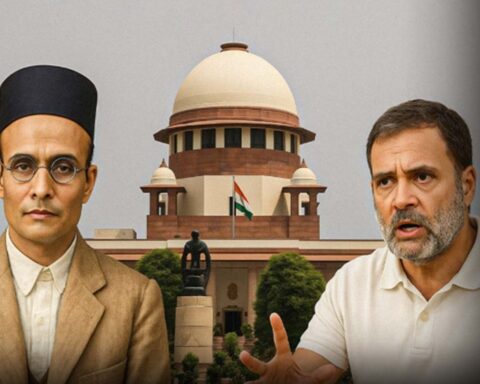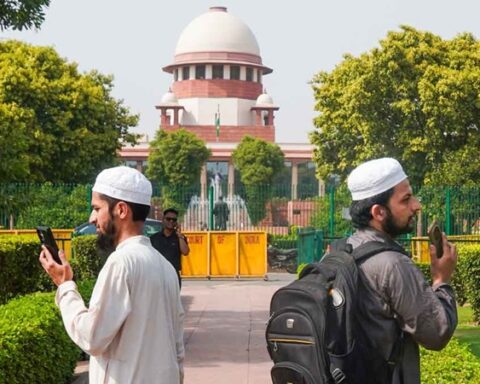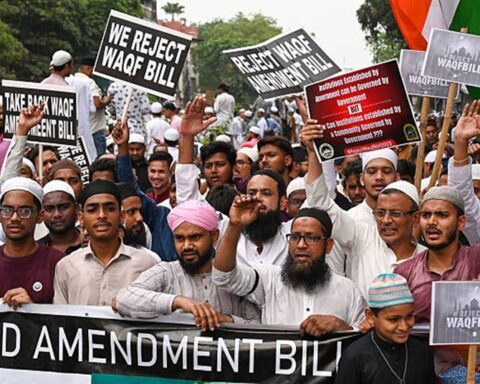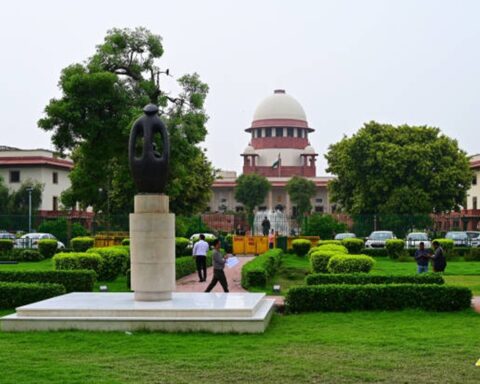New Delhi, May 5 (PTI) The Supreme Court on Monday sought responses from the Centre and others on a petition seeking quashing of an order blocking a widely viewed YouTube channel ‘4PM’.
The plea has claimed that the blocking was effected by the intermediary pursuant to an undisclosed direction allegedly issued by the Centre citing vague grounds of “national security” and “public order”.
A bench of Justices B R Gavai and K V Viswanathan agreed to hear the plea and issued notices to the Centre and others seeking their responses on the petition.
The plea, filed by Sanjay Sharma who is the Editor of digital news platform ‘4PM’ which has a subscriber base of 73 lakh, has alleged that the blocking was a “chilling assault on journalistic independence” and the right of public to receive information.
Senior advocate Kapil Sibal, appearing for the petitioner, told the bench that no notice was issued to the petitioner before the blocking order was passed.
“The whole channel is blocked and no reason,” Sibal said, adding “the only information I have is from the intermediary”.
“Ex-facie it is unconstitutional,” he submitted.
The bench, while issuing notice on the plea, said the matter would be heard next week.
The plea, filed through advocate Talha Abdul Rahman, said no blocking order or underlying complaint was furnished to the petitioner, violating both statutory and constitutional safeguards.
The petition said it was a settled law that the Constitution does not permit blanket removal of content without an opportunity to be heard.
“‘National security’ and ‘public order’ are not talismanic invocations to insulate executive action from scrutiny,” it said.
The plea said the action was not only ultra vires the parent statute but also strikes at the core of democratic accountability ensured by a free press.
“The blocking is a chilling assault on journalistic independence and the right of the public to receive information,” it said.
It has sought a direction to the Centre to produce the order with reasons and records, if any, issued to the intermediary for blocking the channel.
The plea has sought quashing of the blocking order after calling upon the Centre to produce the blocking order with reasons and records.
It has also sought quashing of Rule 16 of the Information Technology (Procedure and Safeguards for Blocking for Access of Information by Public) Rules, 2009.
Rule 16 says strict confidentiality shall be maintained regarding all the requests and complaints received and actions taken thereof.
It has sought striking down and/or reading down Rule 9 of the Blocking Rules, 2009, to mandate issuance of a notice, opportunity of hearing and communication of a copy of the interim order to the originator or creator of the content prior to passing of a final order.
The plea said the petitioner’s YouTube channel was blocked without giving any fair opportunity to clarify or justify his case. It alleged that the Blocking Rules, 2009, including Rules 8, 9, and 16, infringe upon fundamental rights guaranteed under the Constitution, particularly the rights to freedom of speech and expression, right to equality and the right to life and personal liberty.
It said the authorities concerned have a duty under the law to ensure that blocking of YouTube channels were not done arbitrarily, suppressing the freedom of speech and expression.

